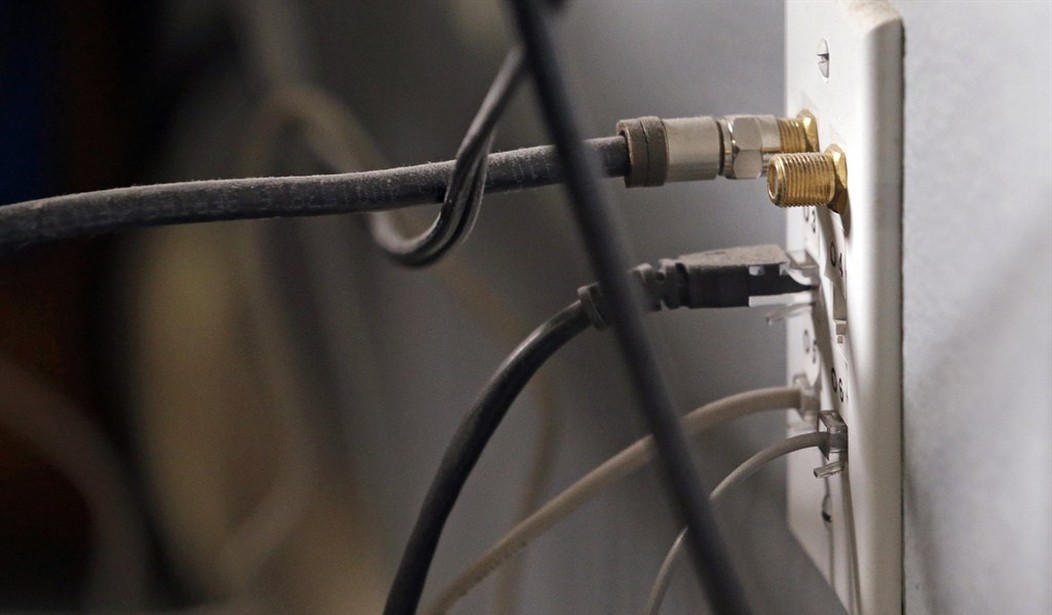Joe Biden thinks that poor people should have the same gaming experience as rich people. He’s just inked a deal with 20 internet providers that would give the poor access to high-speed internet for just $30 a month.
He also announced a subsidy for low-income households that will pay up to $30 for internet access, effectively making the plan free for qualifying households.
As with the Obamaphones, the question isn’t whether the program is useful, but rather, is it something the federal government should be doing?
There are other ways to connect to the internet than broadband. Dial-up internet is still widely available, as is DSL — faster than dial-up and a little cheaper. So why choose the most expensive option? Even if you’re claiming that access to the internet is a “necessity,” where is it written that the access has to be broadband?
The president, during a White House Rose Garden event Monday afternoon, said internet is “pretty consequential.”
“High-speed internet is not a luxury any longer, it is a necessity,” Biden said. “That’s why the bipartisan infrastructure law included $65 billion to make sure we expand access to broadband internet in every region of the country – urban, suburban, rural, everywhere.”
Broadband internet is available in every urban, suburban, and exurban location in America. Access is not the problem. There was nothing in that infrastructure bill about subsidizing the internet for anyone.
The president said the Affordable Connectivity Program will “change people’s lives.”
“I refuse to call it the ACP,” the president joked. “I am so tired of acronyms in Washington. I can’t stand it, cannot stand, but I’m going to have to learn it, aren’t I?”
Biden said the program will provide “fast internet, good downloads, speeds with no caps and no extra fees for millions of American families.”
The president also thanked Vice President Harris for “leading this effort” for the Biden administration.
Aside from giving the vice president some busy work, this was a case of the government bullying corporations to help it push a social program — something that’s becoming more and more common.
But not every company is on board.
Notably missing from Monday’s announcement are many smaller and rural internet service providers that would have a challenge meeting the White House’s pricing or speed requirements.
“I think that there are roughly 1,300 participating internet providers in the ACP right now and we would obviously love for each and every one of them to make the same commitments that these 20 companies are doing,” said a senior administration official.
These companies cover 50% of the rural population. Those Americans are still eligible to sign up for the ACP, but they may continue to face slower speed or plans that aren’t fully covered by the $30 refund.
The government is borrowing the privately built internet infrastructure to get the votes of poor people in November — a very expensive “in-kind” contribution.










Join the conversation as a VIP Member